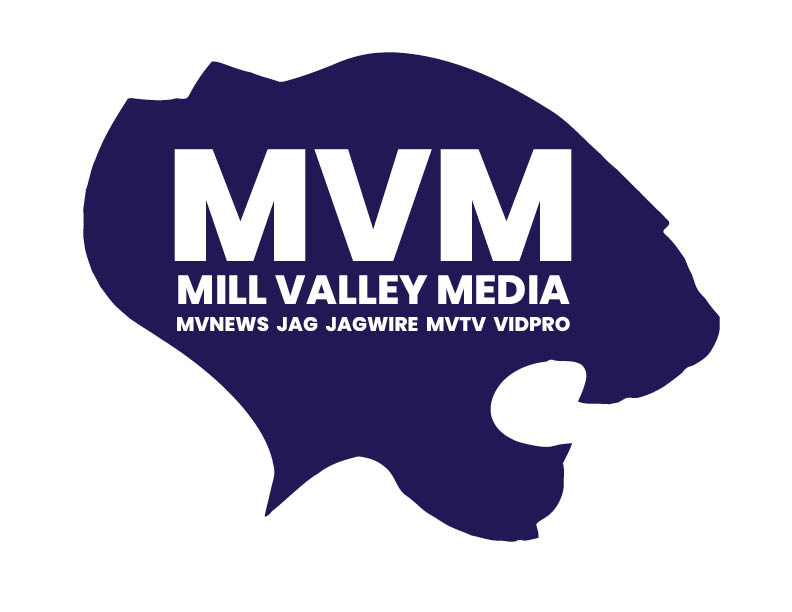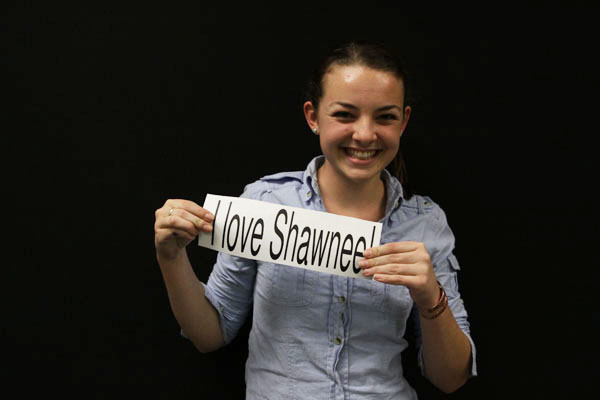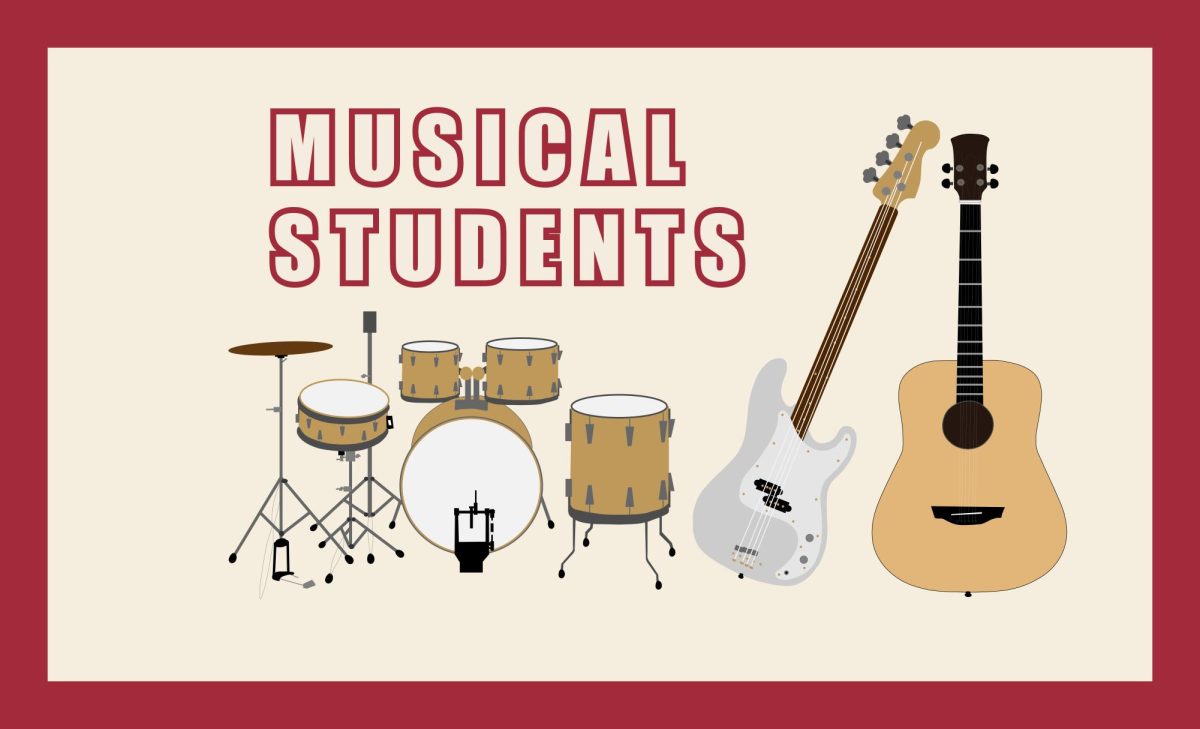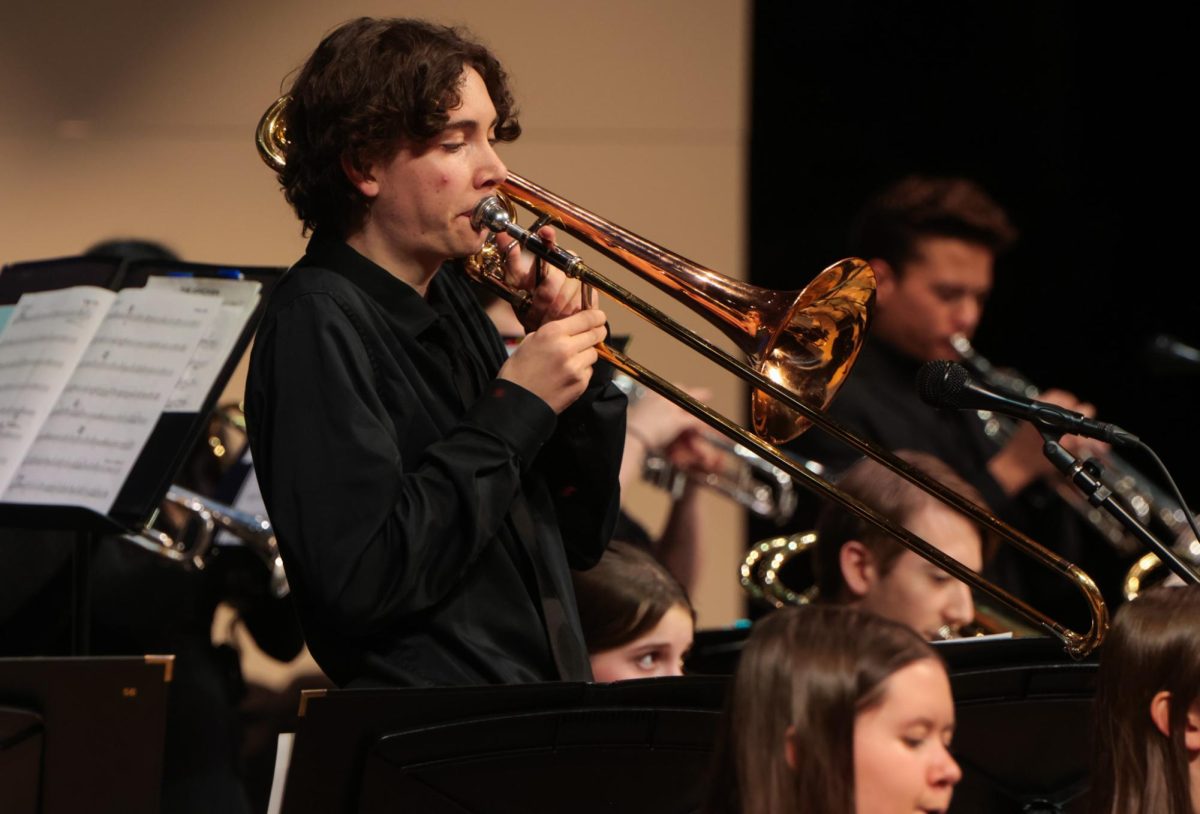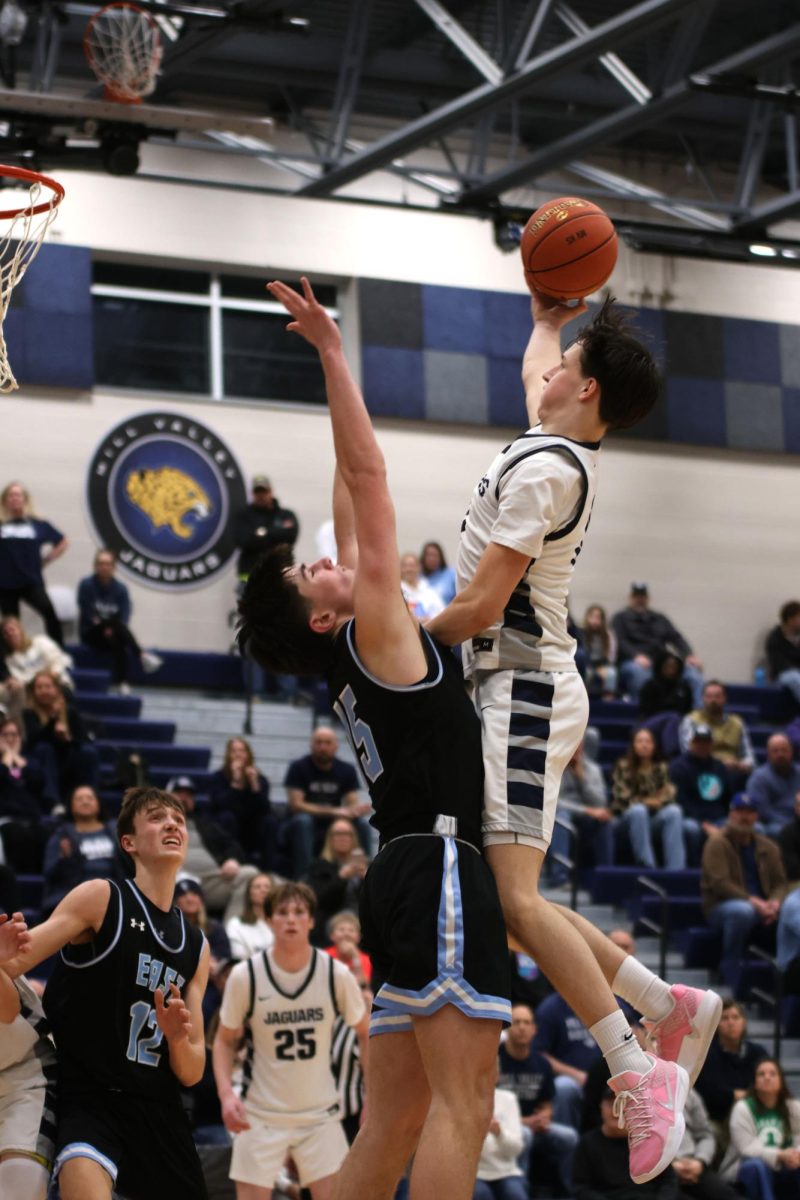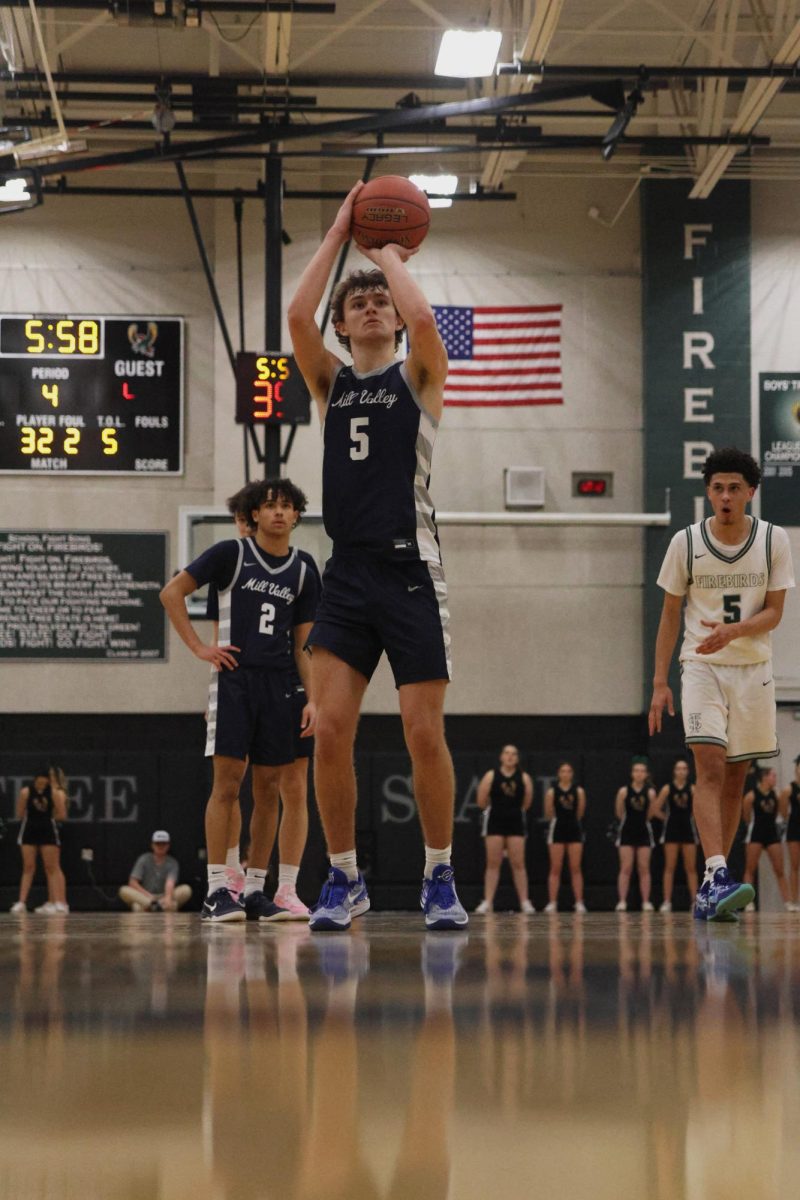One of the greatest skills I have gained from my internship with the city of Shawnee has been learning how to make a presentation. In high school, I have had to present plenty of book report projects and papers. However, presenting research information in a professional setting that will not be graded requires a completely different set of skills.
Yesterday, Wednesday, May 3, I presented the chart and information I had compiled as part of my research into local preference policies. I found that many cities around the county give local businesses discounts for being local. For example, when picking a company to award a project bid to, a city might factor in a 5 percent cost reduction to a local business. This means that the lowest costing bid for a city may not be picked if a local business proposes a project bid as well.
Before my internship, I had no idea what a local preference policy was. I spent several weeks finding different policies and creating a readable chart on the information, trying to become an expert on the topic. Presenting the information yesterday seemed much more difficult than any sort of book report project I have ever done.
In the workforce, the researcher must be able to answer all questions about their project. In school, lack of knowledge might affect a grade, but lack of knowledge in the real world could mean the end of a job. While my internship is not quite so intense, I still felt for the first time what a workplace presentation might be like. I presented my chart to assistant to the city manger Katie Killen and she asked me several difficult questions about the information, which I answered as best as I could.
Throughout my internship I have given several of these informal kinds of presentations. While at first I felt a little overwhelmed at the thought of trying to compile an impressive project all by myself, I quickly learned that hard work and careful research can turn into a project to be proud of. At some point, the information I created could be used to help city council members investigate local preference policy opportunities.
Regardless of what I do in the future, I have learned the skills I need to not only speak comfortably with adults but also to feel like I can contribute to the knowledge of the adults around me.

